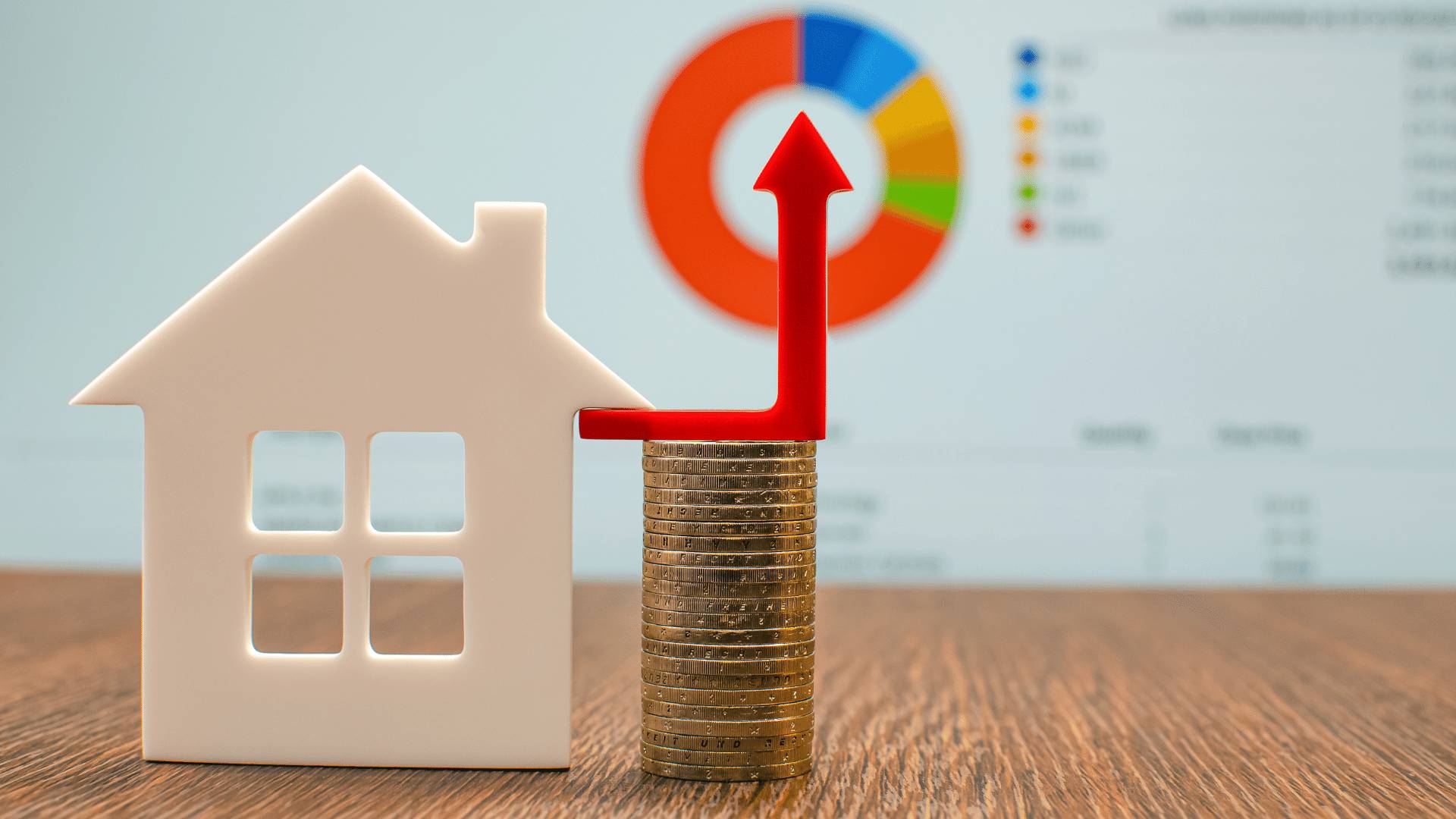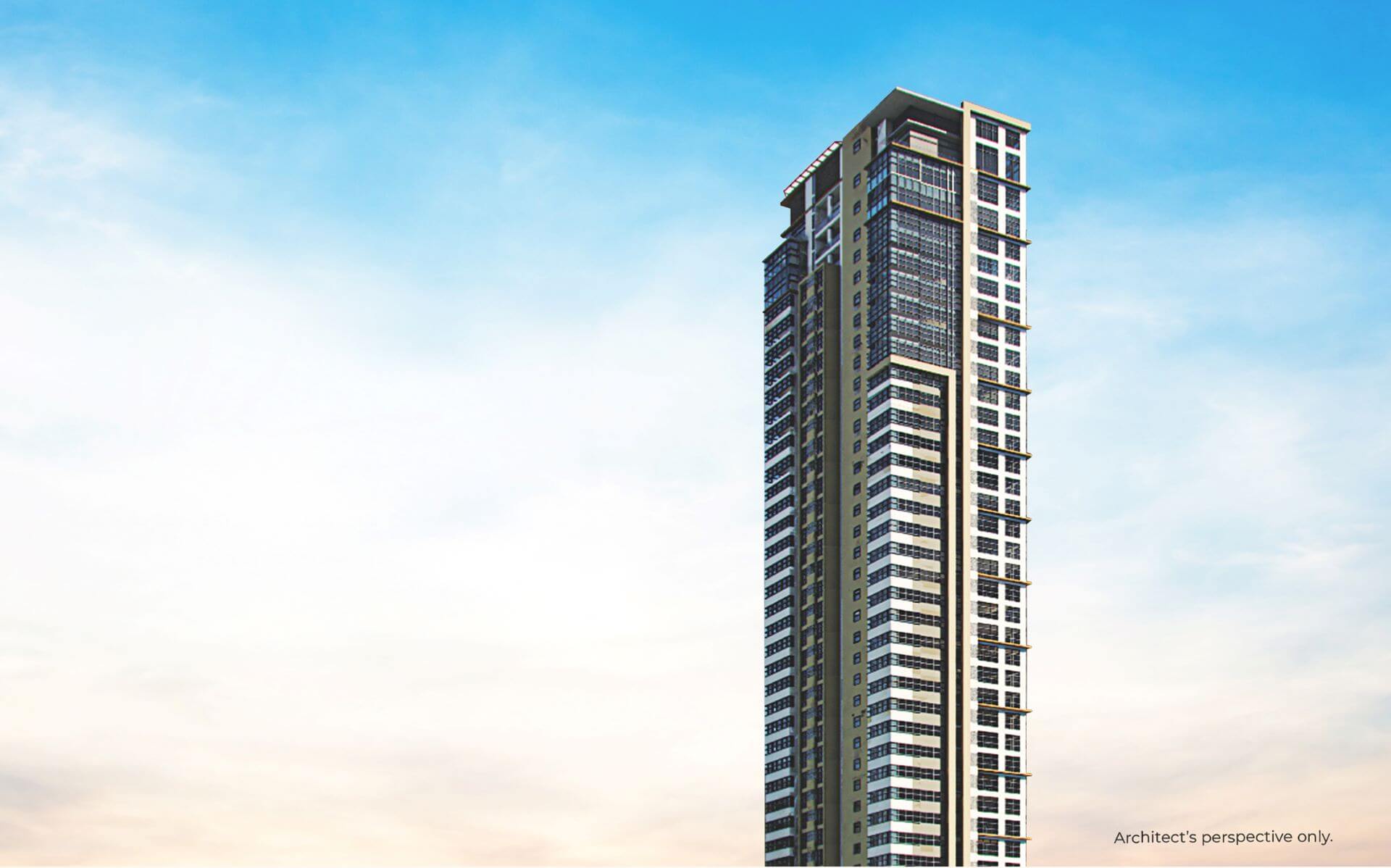The impact of numerous factors on the returns produced by a real estate investment will be examined and shown in subsequent articles, the first of which is this one. The formula is more sophisticated than is stated in the descriptions for almost all investment property listings, so keep that in mind, if nothing else. For instance, your predicted ROI is not represented by the "cap rate" or the cash flow determined by deducting one year's expenses from one year's rental income.
You may wonder what a good or the best ROI in real estate is. But first, let's take a look at how the average annual capital growth of a specific property affects return on investment. Since appreciation is the most prominent and frequently sought-after sign of whether or not a property is a smart investment, let's start there. It is speculation, not investing, to rely on an increase in value for profits. Do we aim to buy homes with a high chance of appreciation? Should we search for properties to purchase in transitional areas or in blue chip areas with a lengthy history of above-average appreciation? Naturally, we do. Recognition is the gravy. It's a perk. Usually a major bonus. Do we have a secret understanding that our homes will likely outperform other investment options due to appreciation? Of course.
ROI Real Estate Meaning
Real estate investors use the real estate return on investment (ROI) statistic to calculate their return on an investment property. It calculates a percentage-based return or gains on an investment in relation to the investment's initial Cost.
Roughly speaking, ROI gauges how effective and profitable a real estate investment has been and might continue to be in the future.
Real estate investors compare a property's ROI against those of comparable properties in the market to determine whether they should purchase it. The benefit of doing an ROI calculation is that it enables real estate experts to forecast, based on similar sales, the profit margin that can be expected on a given property as a proportion of its Cost.
Unlike other investments, the ROI on real estate is highly variable depending on different factors. Now, what is the best ROI in real estate? Well, it depends on the following:
- local market circumstances
- type of asset (i.e., small vs. large multifamily, single-family, short-term real estate, or commercial real estate)
- Cash flow from rentals before taxes
In that case, what is a good ROI for real estate?
What one investor may deem to be a "excellent" ROI may be viewed as "poor" by another investor. Because it mostly depends on how risk-tolerant an investor is, what constitutes a "good" ROI is extremely debatable. However, most real estate investors strive for at least 10% ROIs as a general rule. Investors look too at significant stock market indices like the S&P 500 for broad information.
How Do You Calculate ROI in Real Estate?
ROI or Return on Investment on a real estate *rental ROI property is calculated using the following formula:
ROI = (Gain on investment – Cost of investment) / Cost of Investment
Real estate investments can be made with all cash or with financing, both of which have distinct returns on investment (ROI).
Why ROI is so important
Real estate ROI is crucial since it will enable you to assess if you should invest in a specific property and how it stacks up against others of a similar type and size.
The ROI also provides an estimate of your costs, which in turn helps to calculate the property's net operating income (NOI). Then you can determine if anticipated income will rationally offset those expenses.
You might be asking now what the typical return on investment is for real estate.
Unfortunately, there are only a few undisputed average ROIs in real estate because there are various factors to take into account, such as various capitalization rates for various markets. To reiterate, the ROI is merely a forecasted metric and is in no way guaranteed.
ROI ultimately quantifies the underlying risks of an investment. And there are many risks that are impossible to predict.
Capital Appreciation Meaning
Real estate capital appreciation happens when the market price of a property increases. It takes place when the price of a stock, a home's property value, or the worth of your real estate increases. Additionally, it denotes a rise in the asset's market worth. It represents the profit made by selling the object at its current value at a particular time. It merely illustrates how much it has expanded since you purchased it. However, the calculated gain is simply speculative as the transaction has yet to occur. There is a capital gains tax on real estate in India, which is true. Long-term profits are taxed at 20% plus a 3% cess, while short-term gains are taxed at 37% like ordinary income.
How Does Capital Appreciation Work?
Assets such as stock market shares, mutual funds, real estate, gold, and other commodities or tradable investments may experience capital gains.
When an investor purchases a stock for Rs 200 per equity share and the market price increases to Rs 300, the investor makes a capital gain of Rs 100 per equity share. The capital gain is Rs 20 per share if the shares are sold. Another excellent illustration of capital gain is the purchase of a property for Rs. 100,000 by Michael Culhane. After a few months, a university and a commercial center are developed. The area is revived as a result of the changes. Ten years later, the house is now worth Rs. 250.000. The investment saw a financial gain of Rs 150,000.
How To Calculate Capital Appreciation Of Your Property
Capital growth is one way to gauge the performance of your real estate investments. But how can capital growth in real estate be measured? By the use of a capital appreciation calculator or formula.
Capital Appreciation of property = Current Value – Purchase Price
The current value is the term used to describe the property's current market value. The market price will remain constant. The Cost of acquiring an object is referred to as the acquisition price or "purchase price."
In order to determine capital appreciation, the asset's acquisition cost is subtracted from its current value.
For more information on Vista Residences, email [email protected], follow @VistaResidencesOfficial on Facebook, Twitter, Instagram, and YouTube, or call the Marketing Office at 0999 886 4262 / 0917 582 5167.









